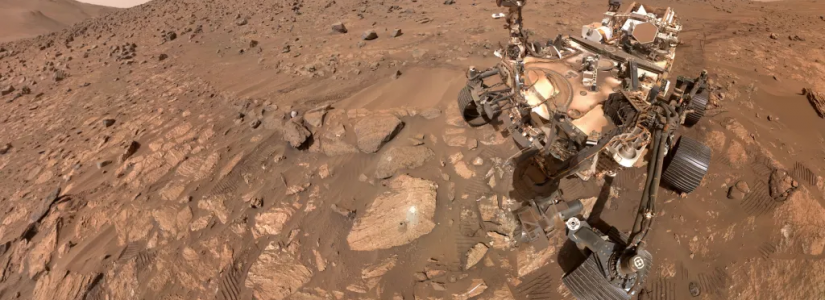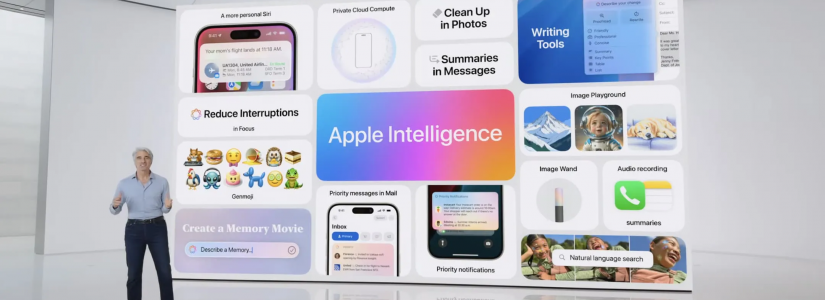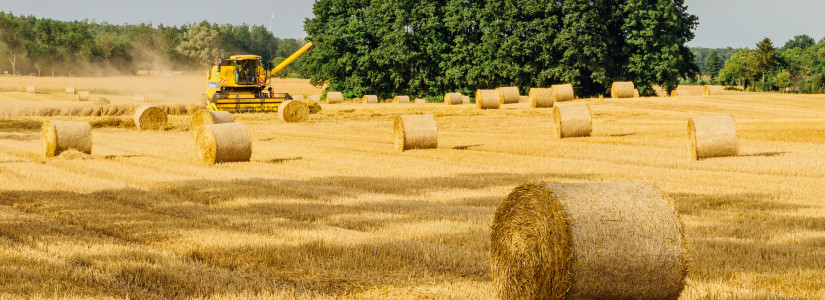OpenAI's SearchGPT: A Game-Changing AI-Powered Search Engine

OpenAI is stepping up to challenge Google by introducing a brand-new type of search engine powered by advanced artificial intelligence (AI).
This groundbreaking engine is called SearchGPT, melding AI's conversational skills with the latest web information, making it easy for anyone to find answers as if they were chatting with a friend. Although still in its early stages and only available to a select group of testers, OpenAI has big plans to eventually merge this technology with ChatGPT.
Google has long been the king of online searches, but OpenAI's latest invention could change the game. SearchGPT is not just any search tool; it's designed to provide fresh, accurate information straight from the internet, complete with useful links.
Imagine asking, "What are the best tomatoes to grow in Minnesota?" and getting not just words, but actual results with helpful articles and websites.
This feature stands apart by giving users updated answers rather than relying on outdated information, a common issue with ChatGPT.
Plus, it offers extra resources on the side, much like the familiar blue links we see on Google, but more tailored to what you're really looking for.
The search for information online can sometimes feel like a never-ending maze. OpenAI suggests that by weaving the web's vast resources into a conversation, finding what you need becomes quicker and simpler.
However, the reliability of AI to generate accurate content has been a concern. As AI technologies grow more common in search engines, there's a worry they might sometimes present false information as fact.
Google itself has faced challenges recently. It introduced AI-driven summaries to answer users' queries directly on search results pages but had to dial back after some responses were found to be incorrect or nonsensical.
These advancements are also stirring debates among news organizations, which are concerned that such AI features could reduce the number of visitors to their websites.
Yet, OpenAI is seeking to address these concerns by collaborating with publishers, allowing them some control over how their content appears in SearchGPT results and assuring their participation even if they opt-out from contributing to the AI's learning database.
Check Out: The Future of Farming: How AI is Changing Agriculture
(Featured Image by OpenAI)
-
Subscribe to our Weekly Newsletter for up-to-date articles and resources!
This groundbreaking engine is called SearchGPT, melding AI's conversational skills with the latest web information, making it easy for anyone to find answers as if they were chatting with a friend. Although still in its early stages and only available to a select group of testers, OpenAI has big plans to eventually merge this technology with ChatGPT.
Google has long been the king of online searches, but OpenAI's latest invention could change the game. SearchGPT is not just any search tool; it's designed to provide fresh, accurate information straight from the internet, complete with useful links.
Imagine asking, "What are the best tomatoes to grow in Minnesota?" and getting not just words, but actual results with helpful articles and websites.
This feature stands apart by giving users updated answers rather than relying on outdated information, a common issue with ChatGPT.
Plus, it offers extra resources on the side, much like the familiar blue links we see on Google, but more tailored to what you're really looking for.
The search for information online can sometimes feel like a never-ending maze. OpenAI suggests that by weaving the web's vast resources into a conversation, finding what you need becomes quicker and simpler.
However, the reliability of AI to generate accurate content has been a concern. As AI technologies grow more common in search engines, there's a worry they might sometimes present false information as fact.
Google itself has faced challenges recently. It introduced AI-driven summaries to answer users' queries directly on search results pages but had to dial back after some responses were found to be incorrect or nonsensical.
These advancements are also stirring debates among news organizations, which are concerned that such AI features could reduce the number of visitors to their websites.
Yet, OpenAI is seeking to address these concerns by collaborating with publishers, allowing them some control over how their content appears in SearchGPT results and assuring their participation even if they opt-out from contributing to the AI's learning database.
Check Out: The Future of Farming: How AI is Changing Agriculture
(Featured Image by OpenAI)
-
Subscribe to our Weekly Newsletter for up-to-date articles and resources!









